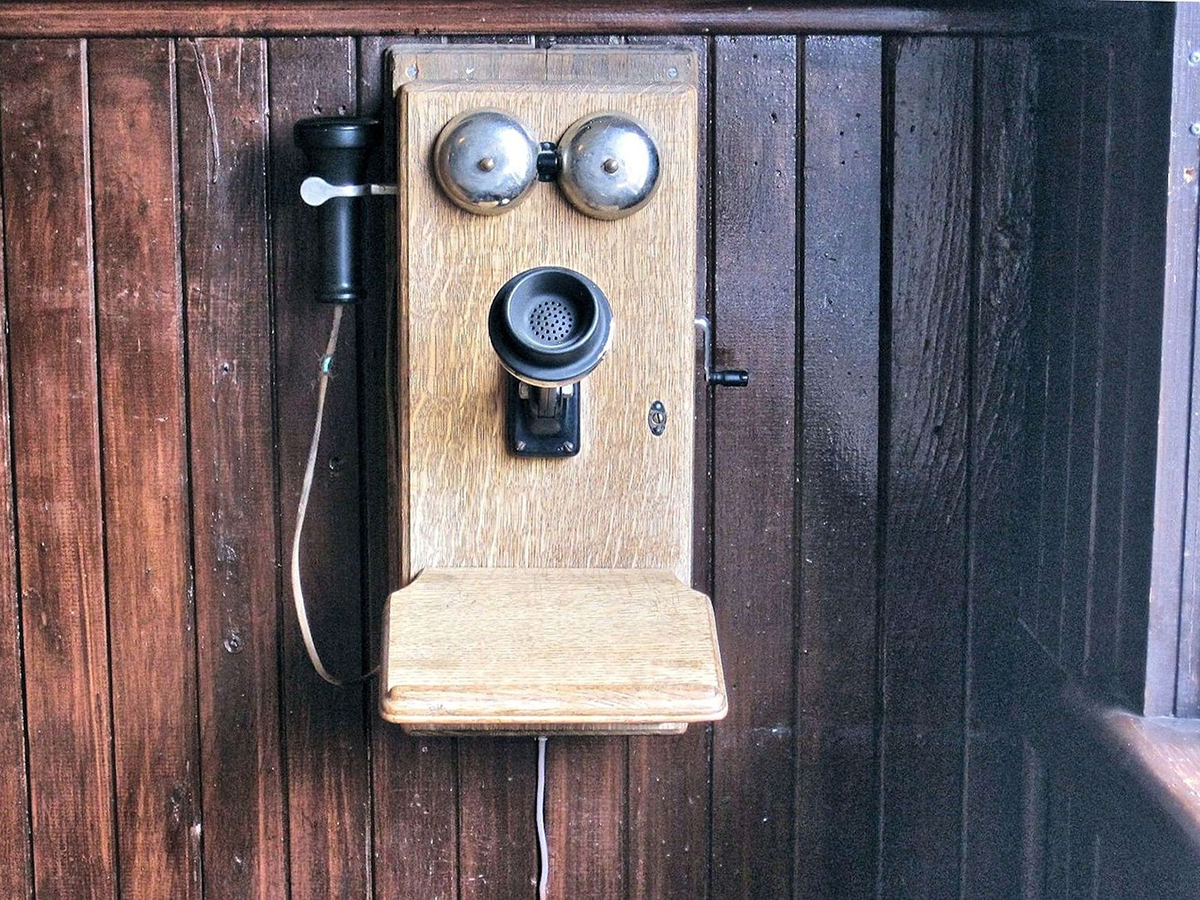
March 25, 2022
When the 1940 U.S. Census was released on April 1, 2012, I got in on the grassroots volunteer bandwagon to help index it with the opportunity provided by FamilySearch. I really thought it would be extremely exciting to run across someone I had heard of while doing this project, but I had no luck with that—in spite of indexing a few thousand names from various states!
However, it was truly gratifying to have a hand in making the handwritten words from the census become searchable by being part of the team that interpreted the handwriting. It was said at the time that FamilySearch had two people examining and deciphering each record. If they were “in sync” with each other’s spelling, it was accepted, and no further action was taken. But, if there was a discrepancy between the two interpretations, a third person, an arbiter, was called on to look at the two and decide what was correct. This called for a 2-3 step verification process, which could help provide more accuracy.
From what I have been able to ascertain from historical blogs, the 1940 census was indexed by at least three separate groups:
- Ancestry
- MyHeritage
- The U.S. Census Community Project, which included results for:
- FamilySearch
- National Archives and Record Administration (NARA)
- FindMyPast
- Archives.com
Bloggers during this time joined the excitement and hoopla by providing scorekeeping for the indexing projects—almost from the get-go—about how things were progressing. Here is one from April 4, just three days after it was released! One blog from June 7, 2012, humorously compared it to a horse race between the different indexing database teams to see who could get it done the fastest.
So, what does this information tell us for our census research? When you can’t find your person in one of the indexed census sources, don’t give up! Look for them in the other databases that have census records. Maybe their indexers interpreted the names differently. Another place to look for earlier censuses are the old-fashioned census book indexes that we have at MGC where you can “eyeball” the names and possibly strike gold. Search the MCPL online catalog for United States census index, then in the left column click on “Region” to help filter down to the state you need to locate the call number.
Soon the 1950 census will be released (April 1, 2022), and there will be projects underway (soon-to-be-revealed) to get it searchable post-haste. So far, NARA has released information about using Optical Character Recognition (OCR) to help make the census searchable more quickly. Ancestry is also working on their own OCR. No further details were released from Ancestry.
Nearly every genealogist in the world with kin in the U.S. in 1950 has been waiting and drooling with much anticipation! If you cannot wait until the April 1 release, you can go to SteveMorse.org and scroll down to “U.S. Census (1790-1950).” Here you can find help on how to prepare ahead of time to use the 1950 Census on Day 1. You will also find Enumeration District information, which is useful for plowing through the information that may be incorrect or incomplete due to errors in the OCR reading.
How exciting that we can possibly find people faster than in any other census released previously!
Twila R.
Midwest Genealogy Center
Read Similar Blogs:
Genealogy







